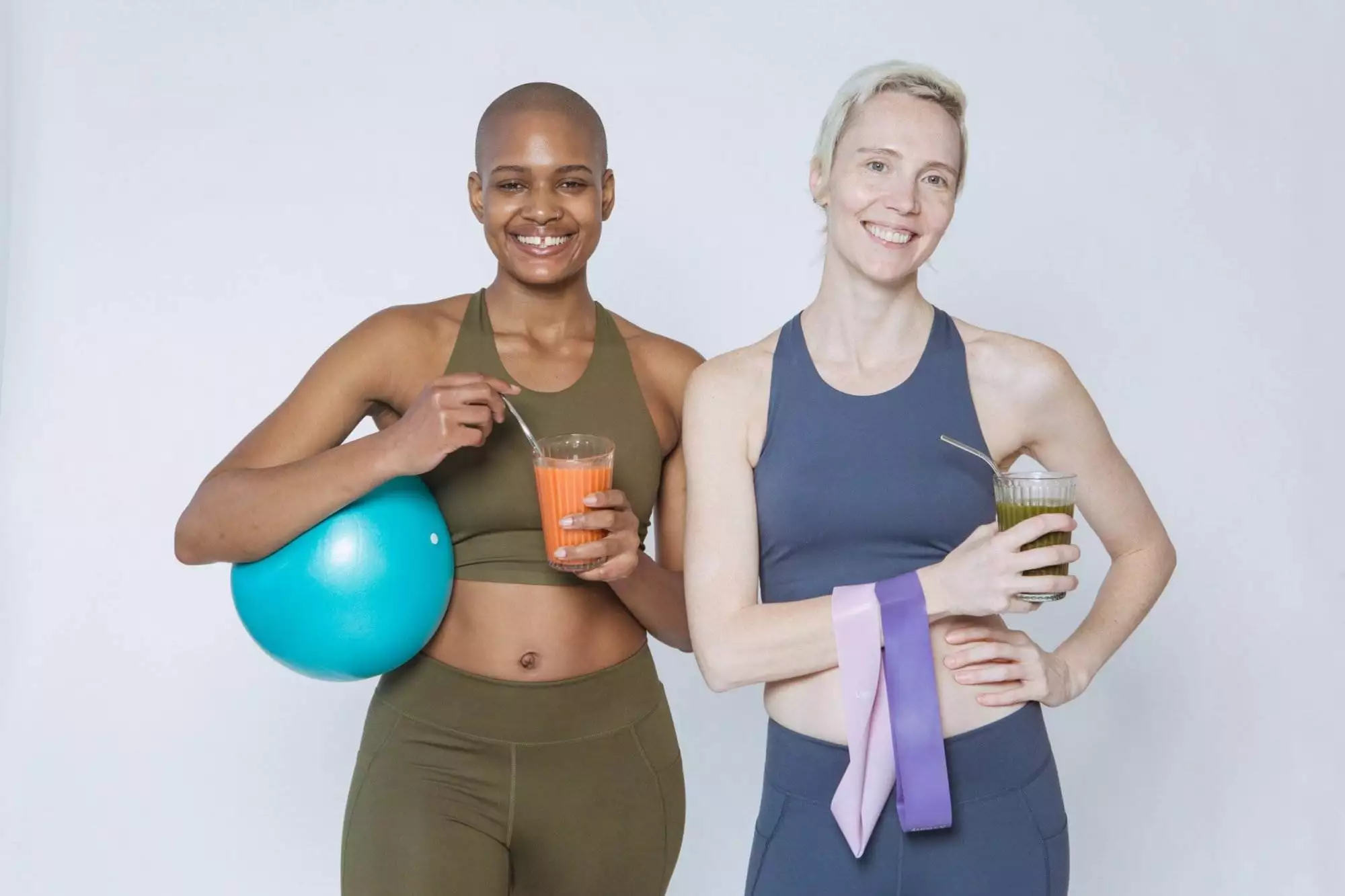When you follow the top sports performance, every detail matters, and what you put on the plate is vital. Otherwise, your diet can be a decisive factor between a mediocre day and setting a new personal record. The foods you consume condition the level of energy, muscle recovery and even mental clarity. If you are also looking for an effective and healthy method to maximize sports performance without resorting to supplements, you must read this article!
What to contain a sportsman’s diet
If you are sporty, your diet should be well balanced and include a variety of macronutrients (proteins, carbohydrates, fats) and micronutrients (vitamins and minerals) that support the optimal functioning of the body. Here’s what this is about:
Proteins for reprocessing and creasingsteres
Proteins are fundamental to repair and build muscle, especially after intense training. The best sources of protein include lean chicken meat, fish, eggs, legumes such as flax and beans, and dairy products with low fat content. Make sure your portion contains about 20-30 grams of protein to support the muscle recovery process.
Carbohydrates for sustained energy
Carbohydrates are the main energy source of the body. Choosing the right types of complex carbohydrates, such as brown rice, quinoa, sweet potatoes and whole cereals, can provide a gradual release of energy, thus avoiding sudden drops of blood sugar that can lead to fatigue.
Essential fats for health
Fats are an essential source of energy, in spfor resistance training. Nuts, seeds, avocado and fatty fish are the best providers of Omega-3 fats, which have anti-inflammatory properties and can help improve and sustain cardiovascular health.
Hydrating: key to sports performance
Adequate hydration is crucial! Even a small dehydration can affect sports performance and concentration. Before, during and after training, water consumption must be a priority. Also, natural sports drinks, such as coconut water or diluted juices, can be useful for repairing electrolytes lost by sweating.
Micronutrients that feed performance
Vitamins and minerals are essential for the functioning of the body, and a deficit of these can lead to a decrease in performance. Make sure your diet includes a mfruit and fresh vegetables, which are rich in antioxidants, essential vitamins and minerals such as iron, magnesium and vitamin C – important elements in the transport of oxygen to the muscles, muscle relaxation and maintenance of the immune system.
Recommendations for meals and snacks
Planning meals and snacks taking into account the training program can help improve performance. Consume a high-carbohydrate meal with moderate proteins 2-3 hours before exercise, and after training, to help in muscle recovery, ensure a high-protein snack such as Greek yogurt or a handful of almonds that, for a quick dose of energy and nutrients, can be consumed even on the way.
Food control is only one of the components of your sport performance equation. Don’t forget that proper rest, insideWell structured elements and stress management also play a critical role. While the right diet can support you enormously, a holistic approach to lifestyle is the key to achieving and maintaining excellence in sport!
